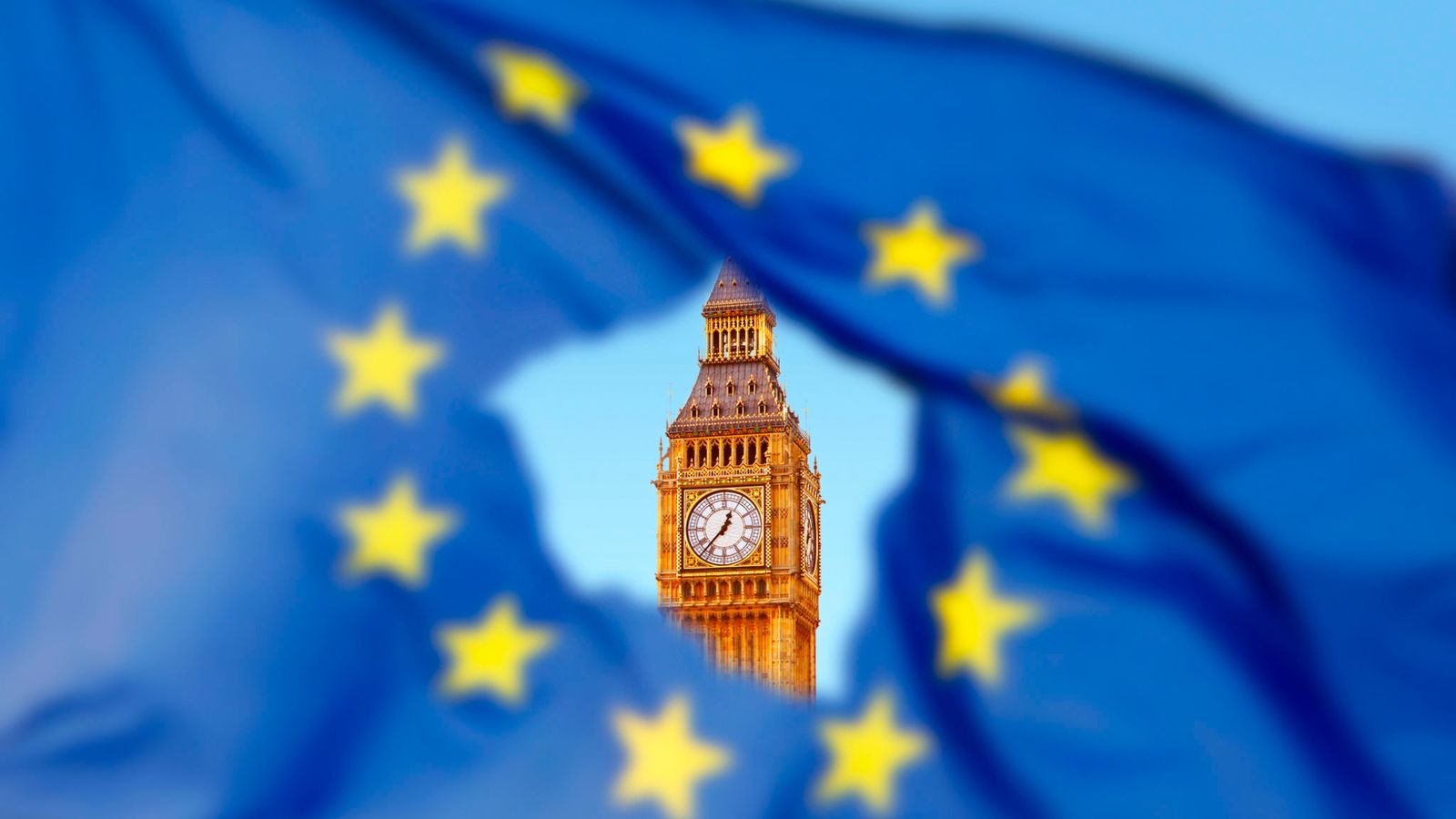
Brexit Schmexit
At the time of writing, the United Kingdom are poised to depart the European Union (Brexit) on 31st January 2020, marking the end of a 47 year relationship between the two trading bodies.
With the UK currently positioned as the largest insurance industry within the EU (fourth largest in the world), the potential ramifications not only to the industry as a whole, but to the companies that utilise its services, are considerable and far-reaching.
The most significant impact for companies purchasing insurance within the UK will be felt by those with an overseas footprint, either through a physical location outside the UK or by working with suppliers/partners based outside the UK.
The UK currently benefits from Freedom of Services (FOS), which is the right to provide business services on a cross-border basis within the European Economic Area (EEA). With specific regard to insurance contracts/policies, this means that the policy can be underwritten in an EEA Member State that is different from the Member State where the risk is located. Companies headquartered within the UK who have offices in the EU can therefore insure these continental offices by virtue of a UK Master policy. The UK Master policy is underwritten on a FOS (or Passporting) basis, and can afford the required coverage regardless of where the office is located within the EEA.
For example, a UK-based retailer with offices in France, Germany and Romania can at present insure all exposures within the one UK Master policy, including cover for material damage, interruption to business and/or liabilities.
It is widely expected that when Brexit occurs and the UK extricates itself from the EU (with or without a deal and an accompanying transition period), FOS legislation will no longer apply to the UK.
The result of FOS legislation being repealed within the UK could potentially mean that UK companies with offices located overseas within the EEA are no longer able to insure those exposures. Such companies can then expect to be in a position that currently applies to companies with a footprint outside of the EEA, namely insuring on a locally-admitted basis. This may involve incepting insurance policies within the local offices of those countries where exposure lies. Using the previous example of the UK- based retailer, policies would need to be incepted in each France, Germany and Romania. This would undoubtedly place not only an increased administrative burden on the UK company, but would also surely result in increased costs as economies of scale are reduced.
It is important to note that the above scenario will not exclusively impact UK companies who have a physical presence in the EEA, but also those UK companies who transact with Member States. In addition to potential tariffs raised by the EU for UK companies wishing to trade, expect higher costs facing continental neighbours who wish to continue doing business with the UK – to be passed on to UK companies.
Talk to your insurance broker about how Brexit may impact you, as well as the steps you can take before January 2020 to ensure a smooth transition for your business.
Written by John Clarke
Image from Sky News



